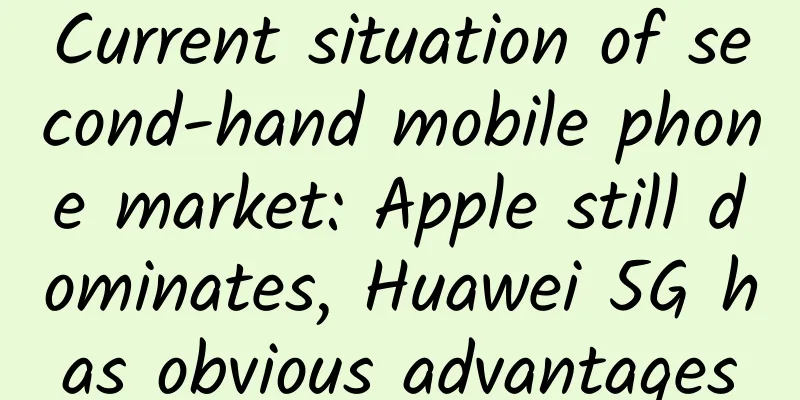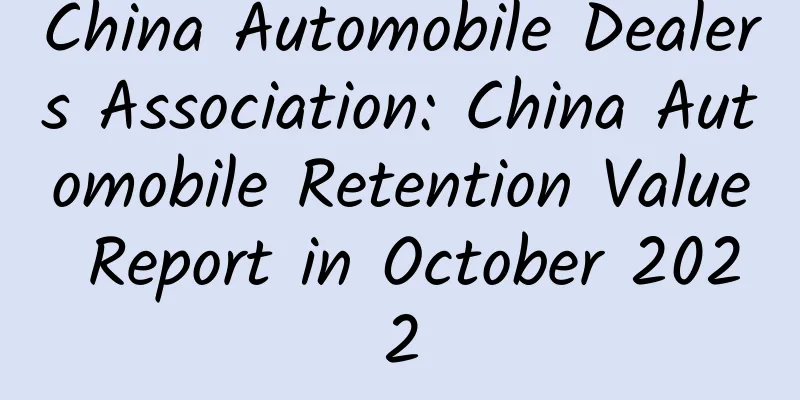People's Daily on mobile payment: Habits such as casually scanning discount QR codes should be changed

|
Three bad habits that consumers are prone to:
The "2019 Mobile Internet Payment Security Survey Report" recently released by China UnionPay shows that with the popularization of financial knowledge and the in-depth promotion of publicity activities to combat telecommunications and network fraud, the risk prevention awareness of respondents has improved compared with 2018. Data from 2019 showed that 51% of consumers had encountered online fraud, a decrease of 16% compared with 2018, and the proportion of people who suffered losses was 23%, a decrease of 26 percentage points compared with 2018.
The survey shows that the proportion of consumers with bad usage habits is the same as in 2018. The three most common bad usage habits are still: not unbinding bank cards or deleting sensitive information after changing mobile phones (24%); directly deleting apps with payment functions without unbinding bank cards (23%); trying to scan QR codes with discount information (20%). At the same time, leaking personal sensitive information such as bank card numbers and verification codes on illegal loan, foreign exchange, futures and other platforms is also an important factor leading to consumer losses. According to the analysis of risk and security experts from China UnionPay, the mobile payment industry showed the following new characteristics in 2019: First, the use of mobile payment continued to be active, with both the average frequency of use and the amount of consumption increasing; second, mobile payment has become an important carrier of inclusive finance, and with the sinking of mobile payment convenience projects, it has been favored by county and township residents and small and micro enterprises; third, financial technology has helped to improve convenience and security, and new identity authentication technologies such as biometrics and traditional password verification methods have jointly safeguarded security; fourth, public safety awareness has improved, and the proportion of people suffering losses has decreased. The survey shows that the frequency of mobile payment users continued to rise in 2019, with an average of more than 3 times a day. From the perspective of the population, small and micro business owners such as self-employed entrepreneurs, private owners, self-employed individuals, and online shop owners use it significantly more frequently than others, with nearly 30% using it more than 5 times a day. At the same time, mobile payment has become an important carrier of inclusive financial services. Retirees, housewives, farmers, workers and other groups use mobile payment methods to consume more than half of their public payment and vegetable markets. From the perspective of scenarios, transportation has become the most active scenario for mobile payment in 2019. Subways in 32 cities and buses in more than 1,600 cities across the country accept UnionPay mobile payments. More than 10,000 parking lots in more than 200 cities across the country have opened UnionPay contactless payment. Mobile payment is inseparable from our "travel". At the same time, security measures such as identity verification, risk warnings, account security management functions, transfer information verification, and compensation guarantees in payment products have been continuously optimized and recognized by consumers. The consumers interviewed generally believe that measures such as biometric verification and transfer account information verification make payment security more secure. Groups such as those born in the 1960s and 1970s hope to have more security tips during payment and transactions. Overall, in 2019, consumers' safety awareness has generally improved, and loss mitigation channels have become more diverse. Actively reporting the loss to the bank and calling 110 are the main ways to recover losses, while insurance compensation has also become an important source of compensation for fraud losses. It is reported that this survey was jointly conducted by China UnionPay, 17 national commercial banks and 18 payment institutions, and about 62,000 valid questionnaires were screened, and about 70% of the respondents were between 25 and 45 years old. The survey highly restores the current situation of mobile payment users, strives to accurately and truly reflect the payment behavior and security awareness of Chinese mobile payment users, and provides trend guidance in the field of payment security for cardholders and related industry parties. |
Recommend
Zhai Shanying's "Financial Class CEO Class" 43 episodes video
Zhai Shanying's "Financial Class for CEO...
"O" your head! A list of the dead O2O projects in 2014
Editor's note: O2O, an English word invented ...
Every time a bunch of bananas is picked, a banana tree dies?
gossip "For every bunch of bananas picked, a...
Mobile developers should know: Five major mobile design trends in 2015
I remember predictions like this coming out back ...
I can get vaccinated without injections, is there such a good thing?!
Audit expert: Gu Haitong Deputy Chief Physician, ...
How do iQiyi, Youku and Tencent Video monetize advertising?
Most products in the PC era have a clear product ...
After watching ofo’s new ad, I threw away the client’s brief!
Recently, ofo, the shared yellow bike company, re...
QR code promotion, 6 invalid forms to avoid
When doing new media promotion , many operators d...
Is Doraemon's portal just around the corner? Use Apple to help you understand quantum entanglement, which won the 2022 Nobel Prize
At 17:45 on October 4, 2022, Beijing time, the 20...
Will the next iPhone be changed to cater to China?
If we say that in the Steve Jobs era, it was diff...
Microsoft Surface Pro 3 receives heavyweight recognition, sales surge expected
Data released by relevant market research institu...
Ma Chenggong's "Training Management: From Entry to Mastery" video
Ma Chenggong's "Training Management: Fro...
How to reduce the size of iOS executable files
Reducing the size of iOS installation packages is...
8 ways to quickly become popular on Kuaishou!
How to become popular on Kuaishou? This is someth...
Review: Key points for operating short video content on Douyin with tens of millions of followers!
Mengpo Nineteen is a nineteen-year-old intern. Sh...









